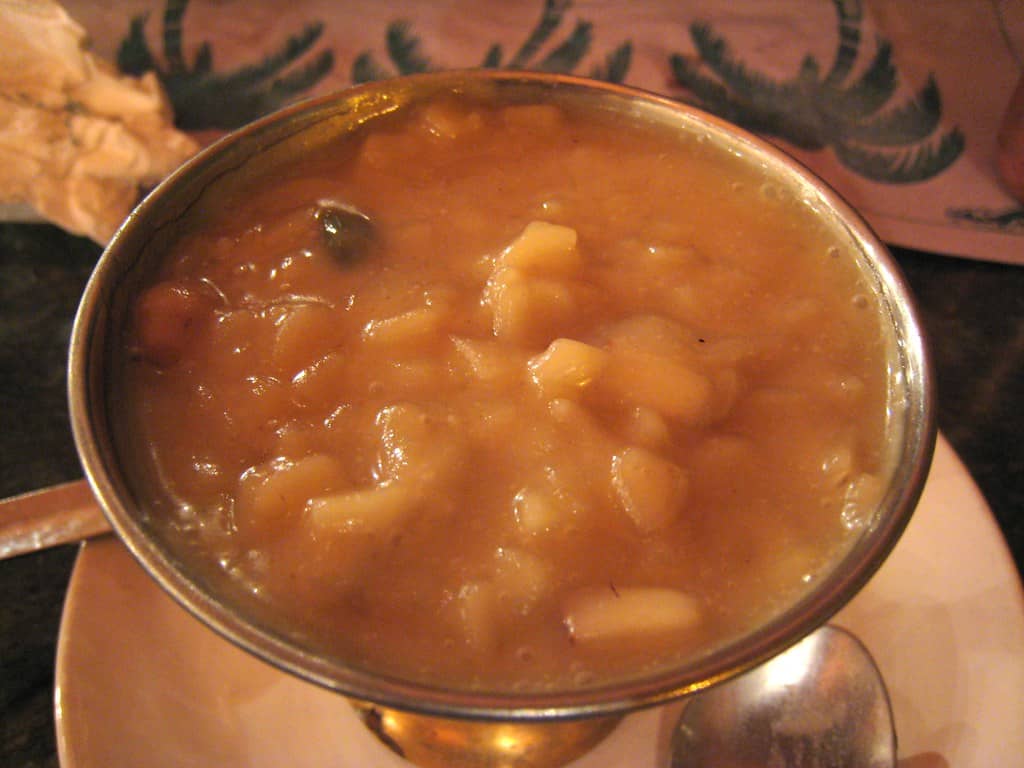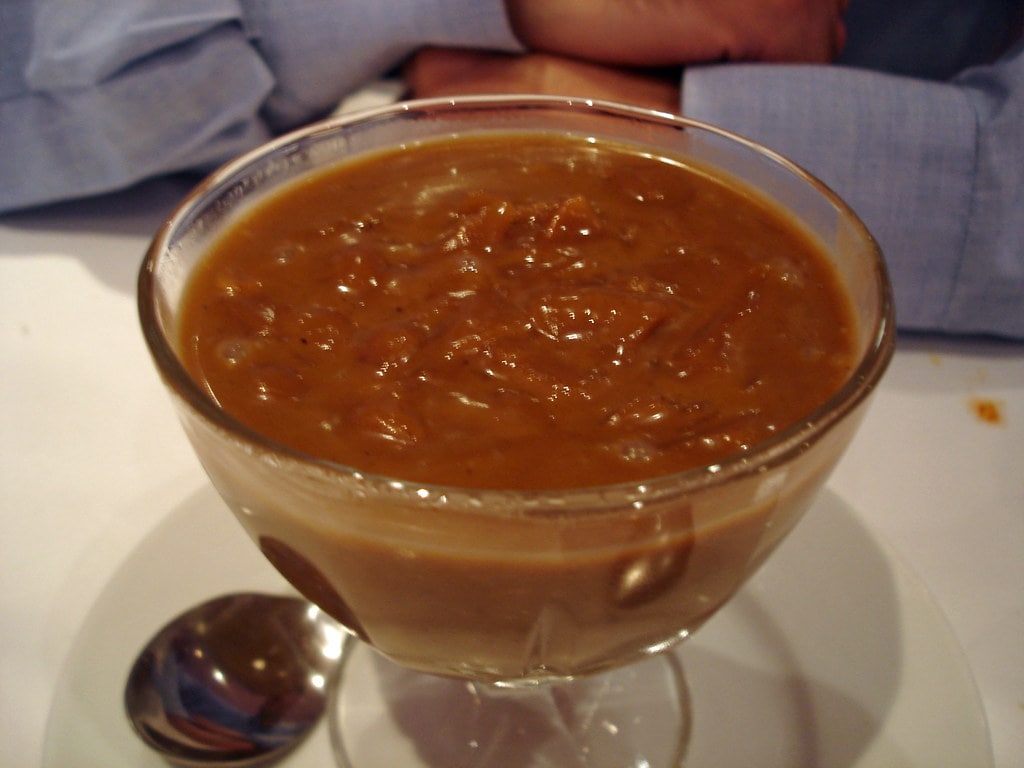A Sweet Tradition of Kerala’s Culinary Heritage:
Palada Payasam is a traditional dessert in the southern Indian state of Kerala, and famous for its rich flavors and signification in culture. This delectable dish forms an integral part of Kerala’s culinary heritage with people devouring during festivals, weddings, and special occasions.
History and Origin:
The roots of Palada Payasam or Paal Ada Pradhaman trace back to the long-standing ancient culinary traditions of Kerala, which have been influenced by several cultures over time. The royal kitchens of Kerala’s erstwhile kingdoms are believed to have originated this payasam. The word ‘pradhaman’ highlights its origin and lineage. It signifies the role as the first course in elaborate traditional meals.
Components of Palada Payasam:
The dish has two components. “Paal” meaning milk, and “Ada,” means the rice flakes . This comes from the pounded rice. Traditionally, people in Kerala call it Paal Ada Pradhaman. The combination of these ingredients with jaggery, a form of unrefined cane sugar, coconut milk, and sometimes flavored with cardamom, creates a harmonious blend of flavors that epitomizes the essence of Kerala’s culinary tradition.
Culture and Tradition:
Palada Payasam holds a significant place in the cultural and social fabric of Kerala. It is not just a dessert but a symbol of hospitality, generosity, and tradition. InIn Kerala, people prepare and serve this payasam as an act of love and respect towards guests, reflecting the warm hospitality the state is known for. They associate it with festivals like Onam, the harvest festival of Kerala, making it an essential part of the Onam Sadhya feast.
People also prepare it for weddings, housewarming ceremonies, and other joyful occasions that bring good luck. Preparing Palada Payasam has become a tradition passed from elders to their children and grandchildren as an essential tradition to pass down and enjoy the sweet delight.
Preparation of the Payasam:
The preparation of Palada Payasam requires patience, skill, and attention to detail. People soak the rice flakes, then cook them with coconut milk until soft and translucent. They prepare their jaggery syrup apart and mix it with rice flakes; this gives a distinctive taste to the whole dish. After incorporating the flavor, they smother the top with a generous drizzle of thick coconut milk, giving it a creamy texture and enhancing its richness.. Then, a sprinkle of crushed cardamom pods adds a fragrant aroma while elevating the sensory experience of this exquisite dessert.
Serving of the Payasam:
The dish is traditionally given to people in small bowls or even banana leaves so that guests get the pleasure of its taste and feel. It is commonly taken as the perfect ending of a traditional Kerala meal and it leaves a warm memory and sense of indulgence.
In essence, this payasam goes beyond its culinary significance to epitomize the spirit of Kerala’s culture, tradition, and hospitality, thereby becoming a very dear symbol of the state’s vibrant heritage.

Palada Payasam heritage in Kerala:
Palada payasam is one of the most loved sweet dishes from Kerala, which has a special place in temple traditions, especially during festivals and rituals. Many of the prominent temples in Kerala are famous for offering this delicacy as prasad. Here are the top 5 temples who celebrate the Palada payasam heritage:
1. Shri Krishna Guruvayurappan Temple, Guruvayur
Being religiously significant, the temple functions as a shrine to offer divine offering to the Palada Payasam. This brings people from distant lands.
2. Sree Padmanabhaswamy Temple, Thiruvananthapuram:
Palada Payasam takes center stage in this temple which is famous for its extravagant feasts.
3. Ambalapuzha Sree Krishna Temple:
Known for its unique milk payasam, Ambalapuzha also celebrates Palada Payasam, which further enriches its culinary traditions.
4. Vadakkunnathan Temple, Thrissur:
A cultural icon in Kerala, the temple is synonymous with grand festivities where Palada Payasam is a highlight.
5. Chottanikkara Bhagavathy Temple:
Known as a healing temple, it serves Palada Payasam as an offering to symbolically portray divine blessings. These temples epitomize Kerala’s traditions and reflect its culinary heritage.
Share your thoughts on our Instagram page @thefood.travellers.



Comments are closed.